Financial Education
What is overdraft: the invisible transaction cost
What is overdraft? Find the answer here. Learn how it works and how to avoid it, so you don't get hit with hidden fees. Check it out!
Advertisement
Everything you need to know about overdrafts
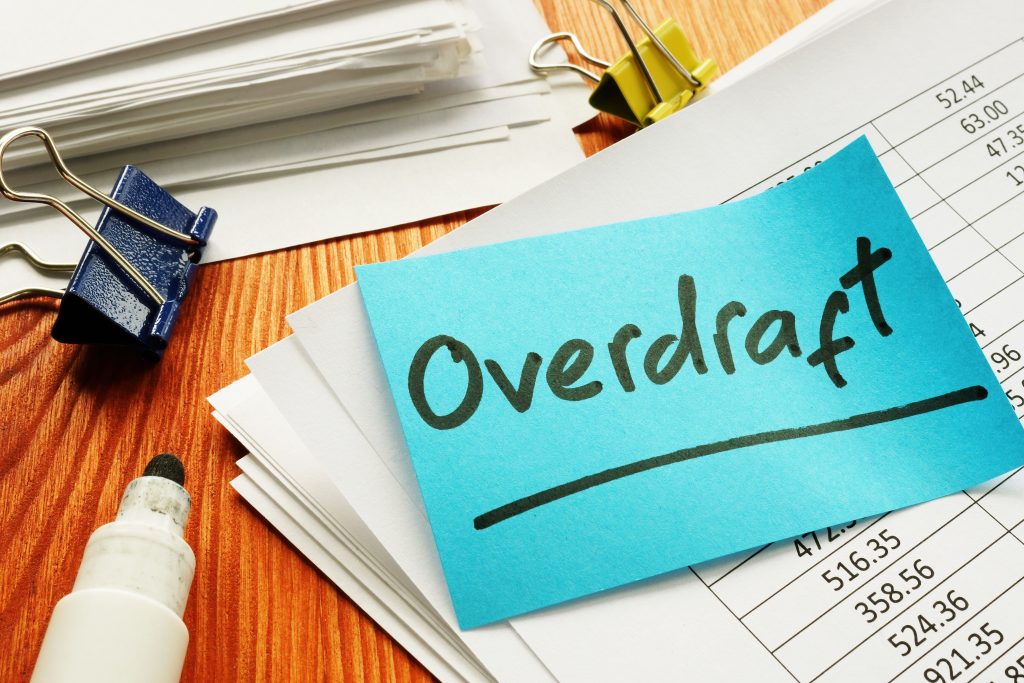
What is an overdraft? You may have heard of it before, but do you know what it is and how it works?
Overdraft protection is a service that banks provide to allow customers to spend more money than they have in their accounts.

How to build an investment portfolio
Learn how to create an investment portfolio for beginners with this easy guide. Find out about the basic steps and what you should do to start. Read more!
It can be a helpful tool if you accidentally go over your budget, but it can also come with some hidden costs.
Keep reading to learn more about overdrafts and how to avoid or substitute unnecessary fees.
You will be redirected to another website
You’ll receive messages for less than 1 week, with a maximum of 1 message per day. You can unsubscribe anytime by replying STOP. By submitting this form, I confirm that I am 18+ years old and agree to the Privacy Policy and Terms and Conditions. I also provide my signature, giving express consent to receive informational messages via automated emails, SMS, MMS text messages, and other forms of communication. Message frequency may vary as part of our good-faith effort to respond to your inquiry. Message and data rates may apply. Text STOP to cancel. I understand that my consent to receive communications is not a condition of purchase and that I may revoke my consent at any time.
Advertisement
What is overdraft, and how does it work?
Have you ever lived through that moment when you’re checking your bank account balance and suddenly there’s not enough money to cover the costs of what you planned to spend?
If so, then you’ve probably experienced overdraft. But what is that?
An overdraft is a type of credit that you can use when you don’t have enough money in your account to cover a transaction.
If you opt or get approval for one, your financial institution will cover the cost of the transaction for you and then charge you a fee.
There are two types of overdraft: arranged and unarranged.
In an arranged overdraft, the customer agrees to an overdraft limit that can exceed the current balance of their account.
On the other hand, an unarranged overdraft is when you overspend and don’t have an overdraft limit set.
Overdraft fees can vary depending on the financial institution, but they’re typically around $30-$35 per transaction.
The benefits of overdraft
Most people think that overdrafts are a bad thing. However, there are some benefits to having it.
For example, if you have an emergency and need to pay for something but do not have enough money in your account, an overdraft might help you to cover the cost.
In addition, it can be a way for you to avoid bounced checks. When you have an overdraft, the bank will cover any checks you write, even if there is not the exact amount of money in your account to pay for them.
So, it can help to save you from embarrassment and fees. Finally, having an overdraft can also help to improve your credit score.
This is because when you have an overdraft and pay regularly, it shows that you are responsible for borrowing money and making payments on time.
Then, if you use an overdraft responsibly, it can be a great tool that can help you in many different ways.
Advertisement
The risks of overdraft

Like anything else, overdrafts have some advantages but also some drawbacks. The biggest downside is that it can be expensive.
So if you’re constantly spending more money than you have in your account, you may pay hundreds of dollars in fees each year.
Additionally, if you use your overdraft too often, your bank may close your account or limit your access to it.
Overall, whether or not an overdraft is right for you depends on your financial needs and habits.
On the other hand, if used wisely, it can be a helpful tool. However, if misused, it can be costly.
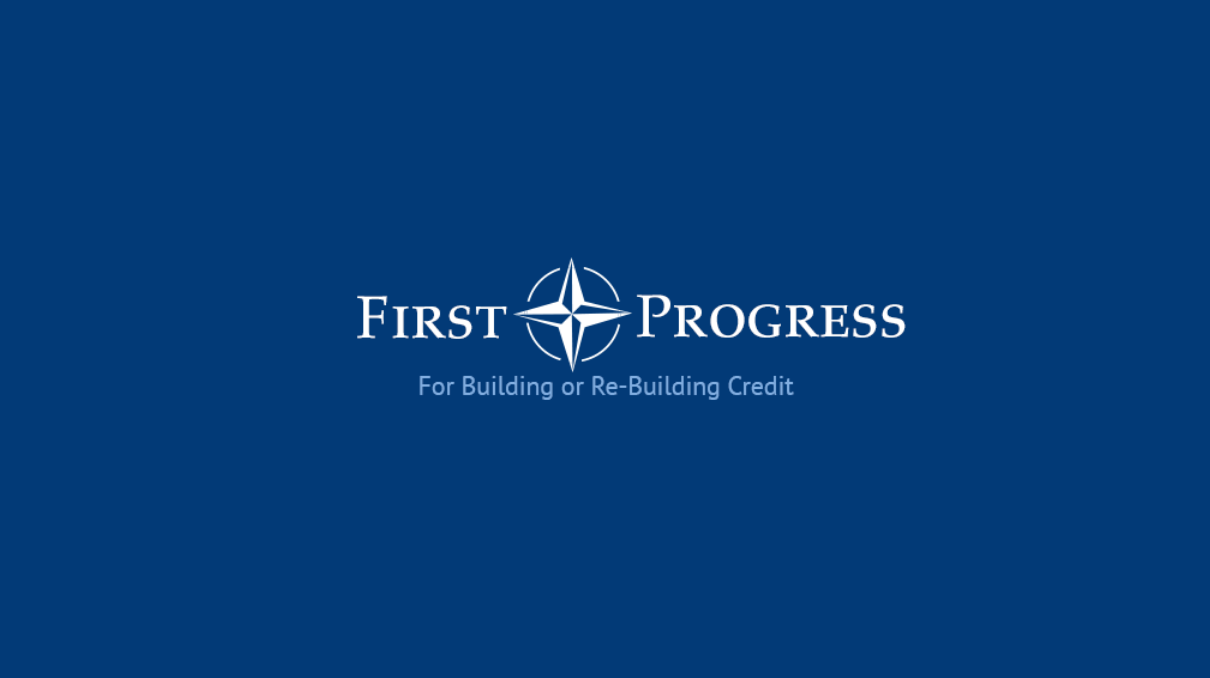
How to apply for First Progress Platinum Prestige
If you need a credit card with benefits and for those with bad credit, check out our post to learn about the First Progress Platinum Prestige Mastercard Secured Card appl
What happens if you don’t pay your overdraft fee?
If you don’t pay your overdraft fee, the bank may charge you a late fee and/or increase the interest rate on your account.
Overdraft fees typically cost $35 per transaction. So if you have multiple transactions that exceed your account balance, the fees might add up really fast.
In addition, the bank may close your account or restrict your access to funds if you consistently fail to pay overdraft fees.
As a result, it’s important to be aware of your account balance. Also, make sure you always have enough money available to cover any unexpected costs.
If you’re concerned about accidentally incurring overdraft fees, you may want to consider signing up for overdraft protection.
With this service, the bank will automatically transfer funds from another account (such as a savings account) to cover any shortfall in your checking account.
While there may be a small fee for this service, it can save you a lot of money in the long run.
Advertisement
How to avoid fees: alternatives to overdraft
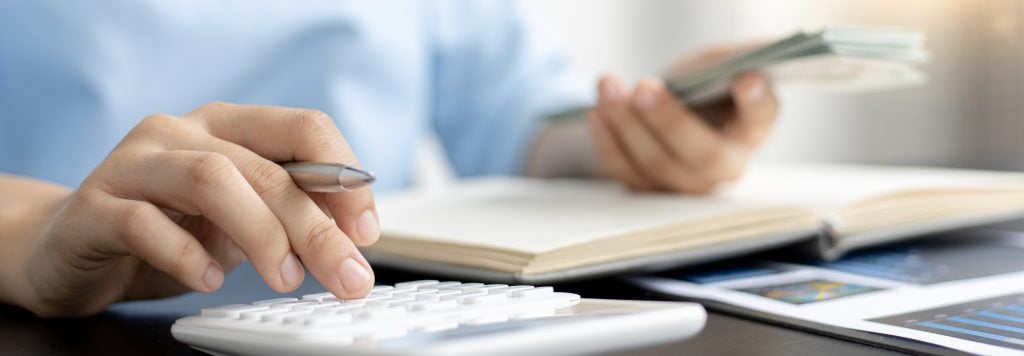
An overdraft happens if you don’t have enough money to pay for a transaction in your account. So, banks usually charge around $35 fees on it.
But how can you avoid that? We’ll give you three alternatives to it. Check them out!
1. Use a prepaid debit card
The first alternative is to use a prepaid debit card. This type of card is not connected to a bank account, so you can only spend the amount you’ve loaded the card with.
It can help you stay within your budget and avoid accidental overspending.
2. Use overdraft protection
Overdraft protection is a service that allows you to link your checking account to another account, such as a savings account, line of credit, or credit card.
That way, if you don’t have enough funds in your checking account to cover a transaction, the money will be transferred directly from the linked account.
Overdraft protection can help you avoid those pesky fees, but there may be other charges involved.
Before signing up for overdraft protection, be sure to ask about any potential fees and make sure the service is right for you.
There may be a small fee for this service, but it will likely be lower than an overdraft fee.
3. Always make sure you have enough money
Finally, you could simply make sure that you always have enough money in your checking account to cover any potential transactions.
This may require some careful budgeting, but it will ultimately save you money in fees.
By following these three tips, you can avoid costly overdraft fees and keep more of your hard-earned money in your pocket.
And if you want to learn how to have a more healthy financial life, read our post below to learn how to get financial fitness in 7 steps!

Get financial fitness with 7 steps
When you hear the word "fitness," do you think about going to the gym to work out? You can get fit on your finances too. This article will tell you some easy steps to acc
Trending Topics
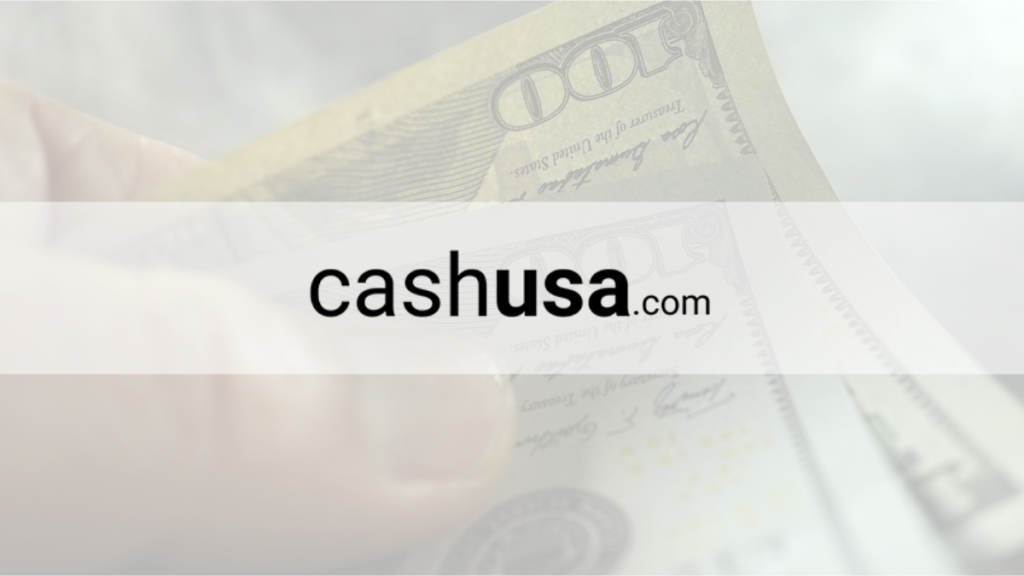
CashUSA.com review: how does it work and is it good?
Read our CashUSA.com review and discover how to get the money you need fast! Connect with several lenders and borrow up to $10,000 fast!
Keep Reading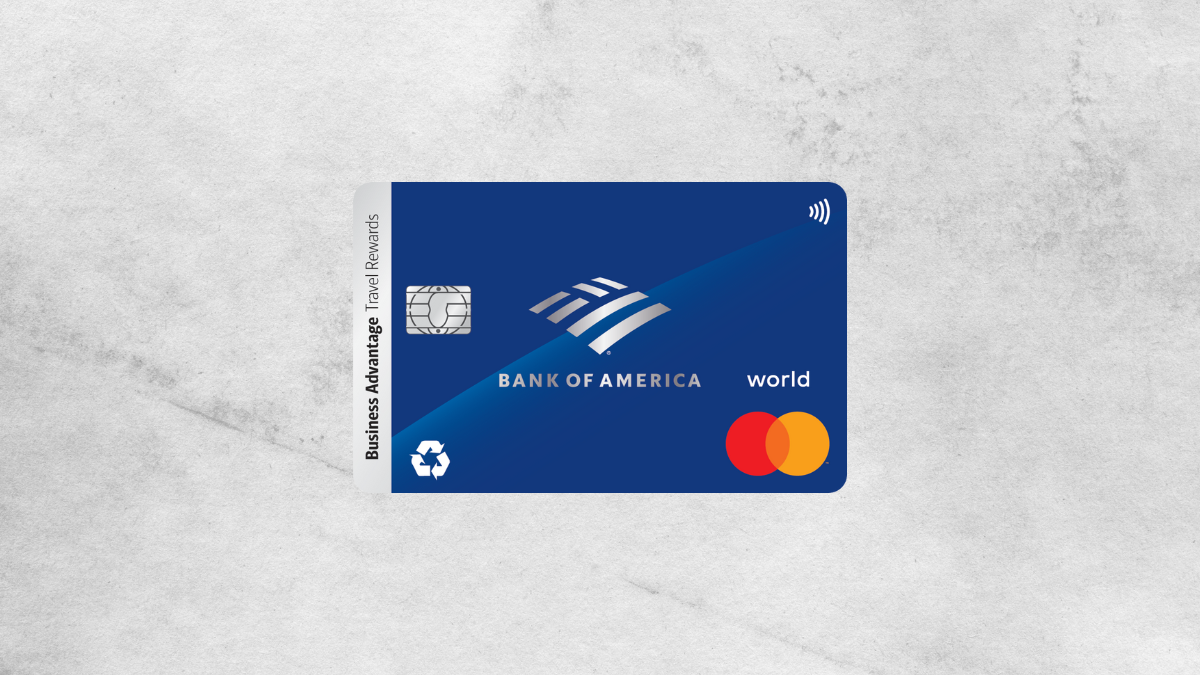
Bank of America Business Advantage Travel Rewards Card: apply today
Learn how to apply for the Bank of America Business Advantage Travel Rewards Card! Earn unlimited points on purchases!
Keep Reading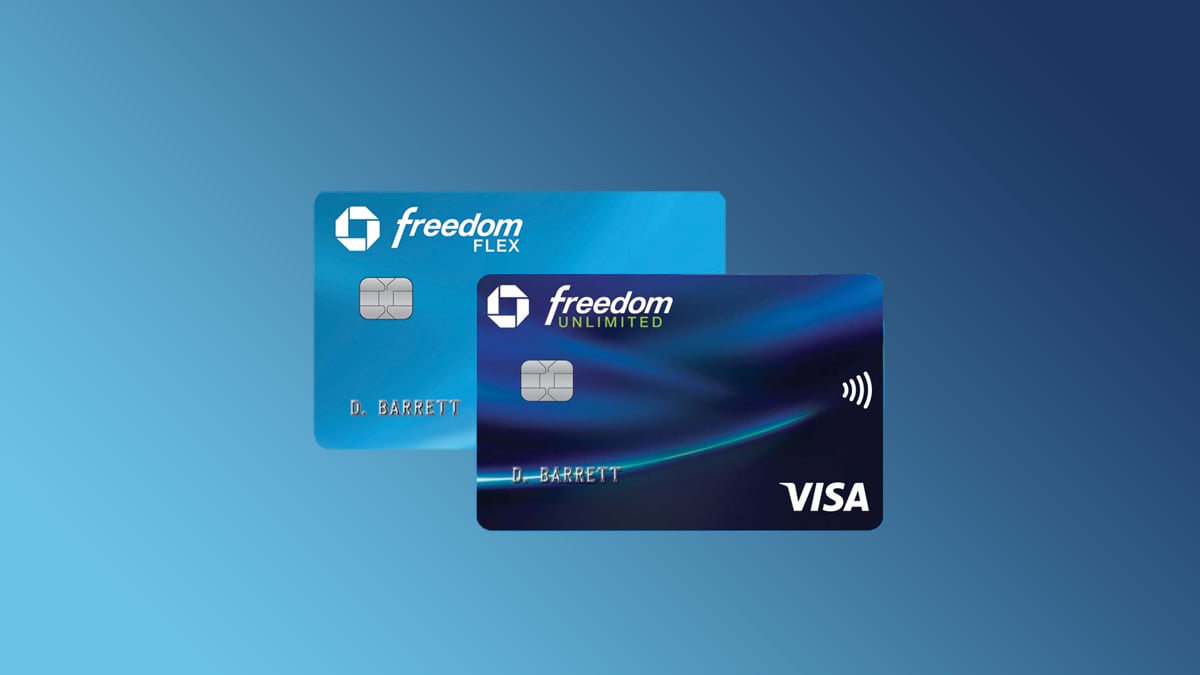
Chase Freedom Flex vs Chase Freedom Unlimited: card comparison
Learn the main differences between the Chase Freedom Flex or Chase Freedom Unlimited credit cards, their perks, benefits and rewards.
Keep ReadingYou may also like
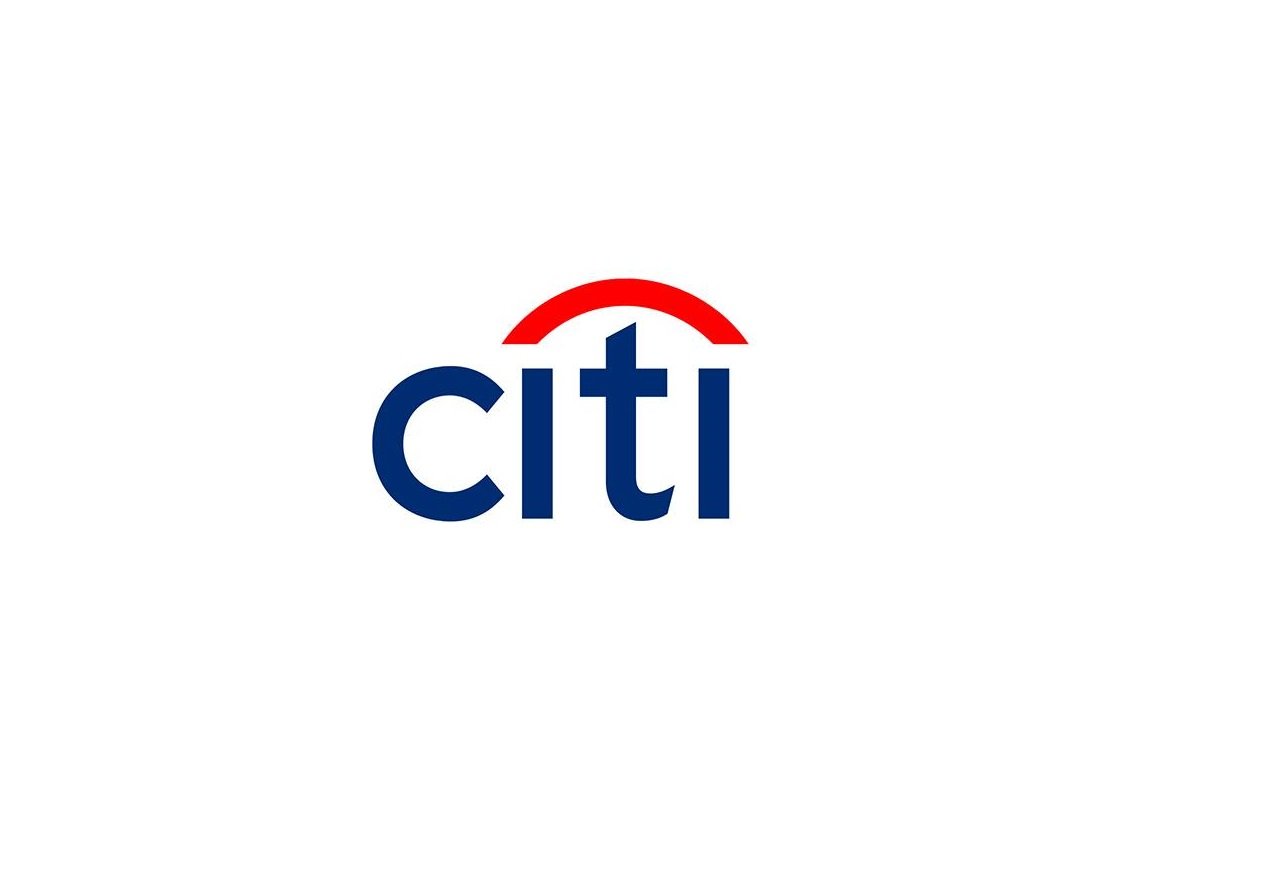
Costco Anywhere Visa® Business Card by Citi review
The Costco Anywhere Visa® Business Card by Citi review will help you decide if it's the right card for your business. Read on!
Keep Reading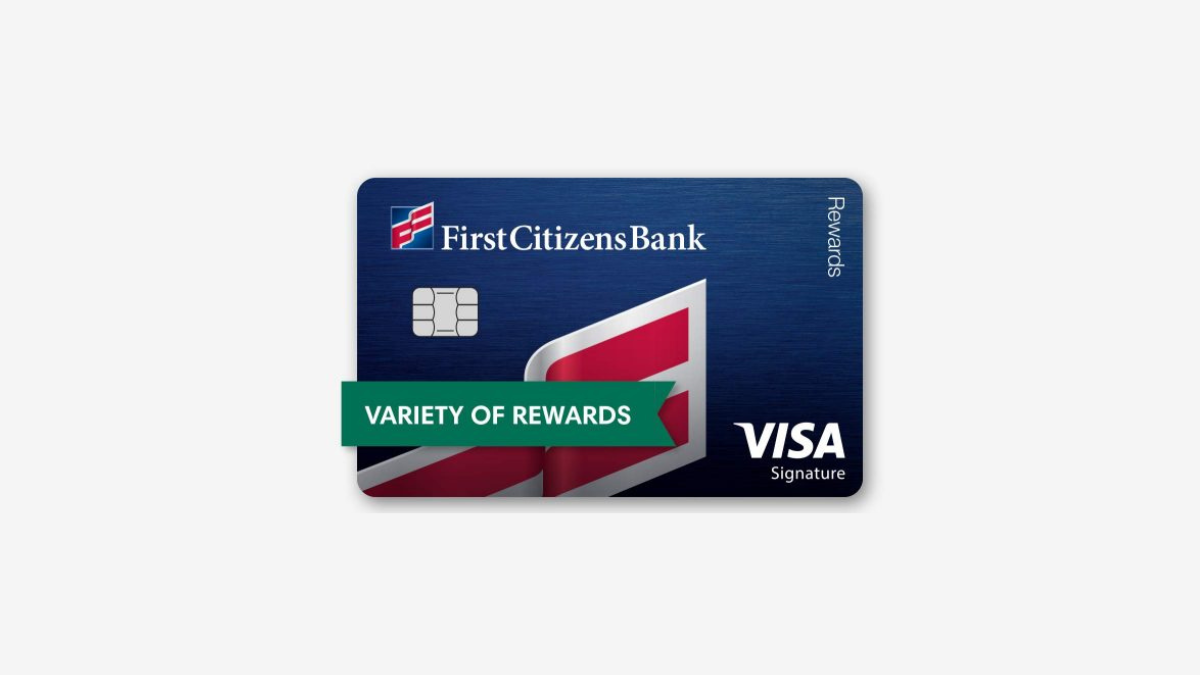
Apply First Citizens Bank Rewards Credit Card: Earn more
Need a guide to apply for the First Citizens Bank Rewards Credit Card? Here you go! Earn rewards and enjoy 0% intro APR on balance transfers!
Keep Reading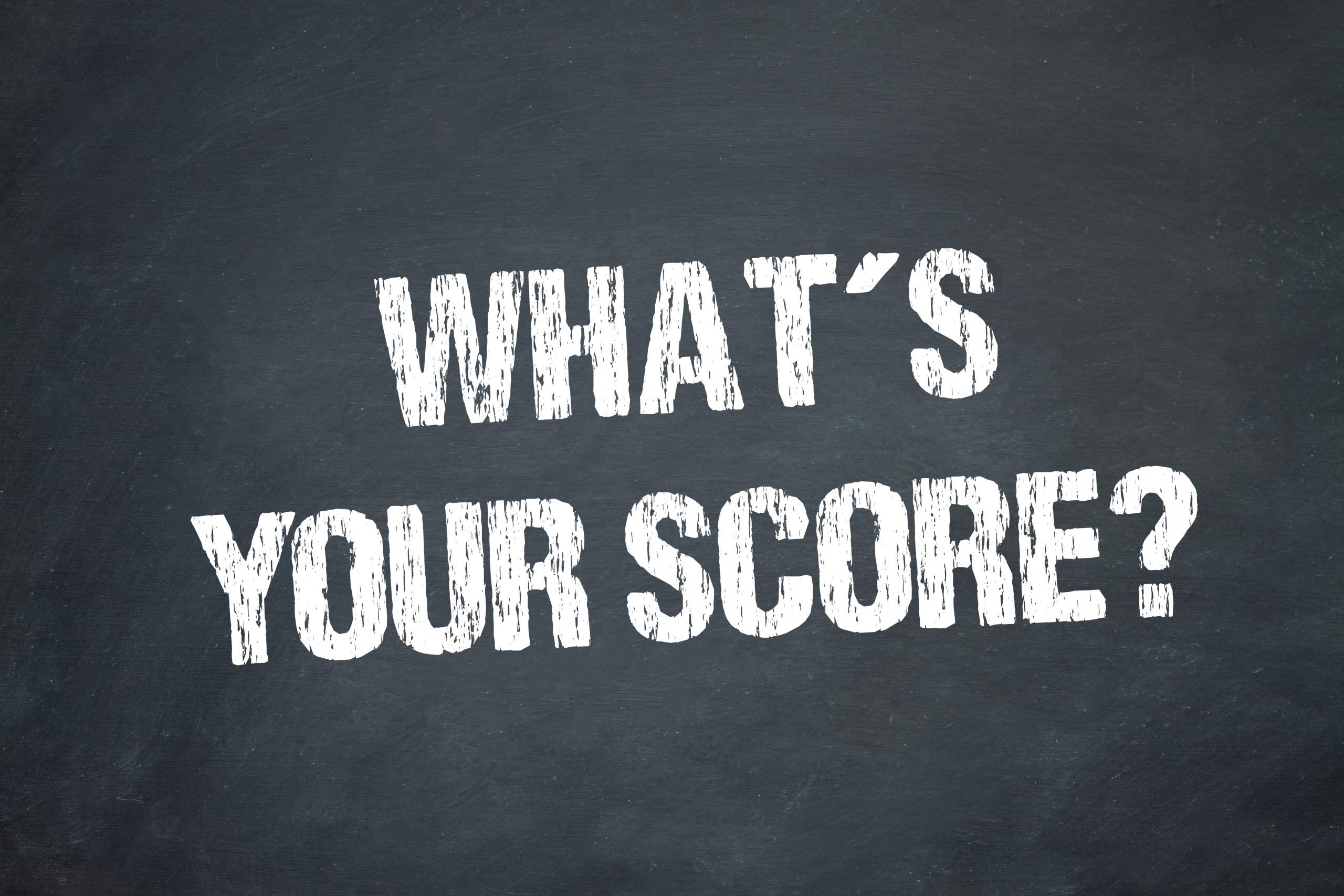
Credit score: top 10 questions answered
Find the answers to the most frequent credit score questions. Learn how it works and what you can do if you want to improve it.
Keep Reading